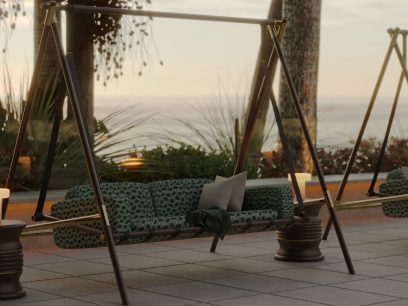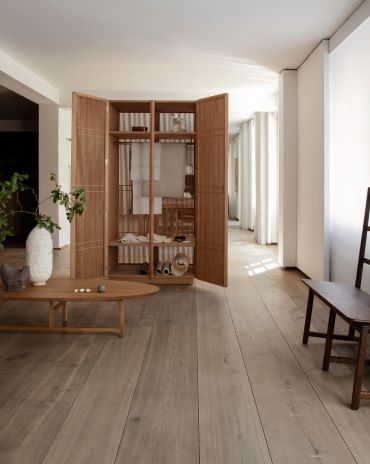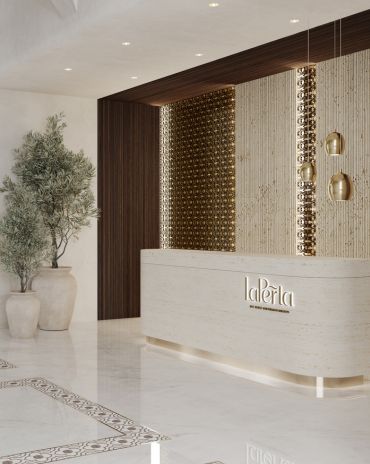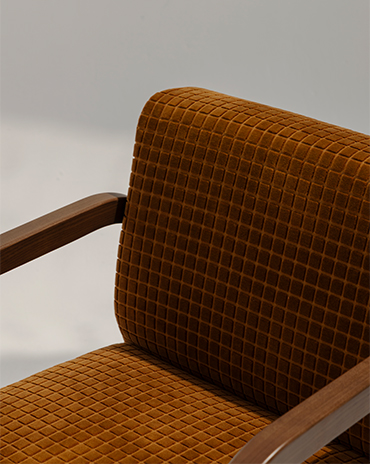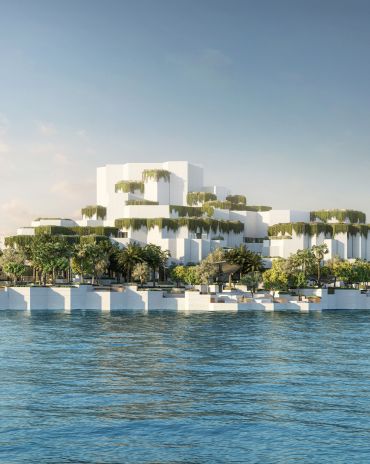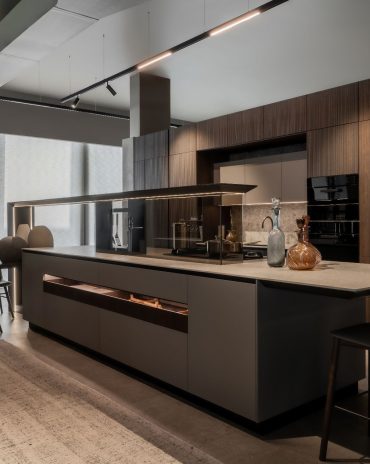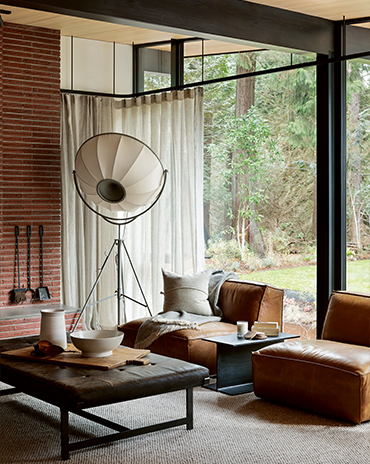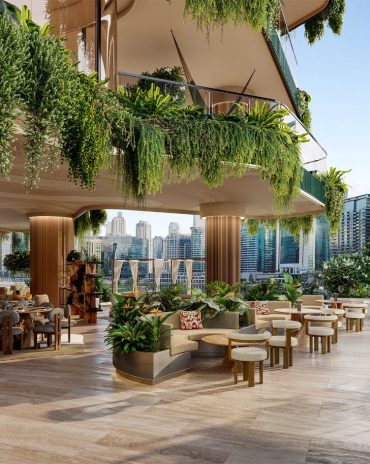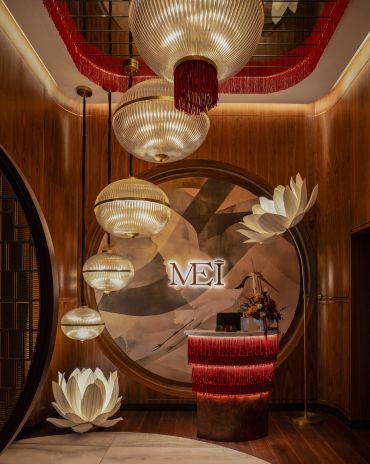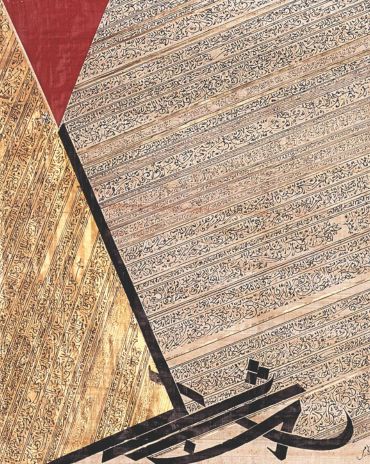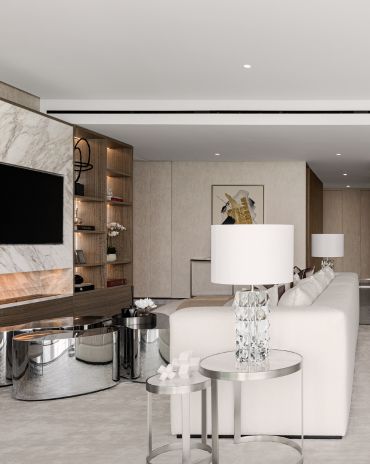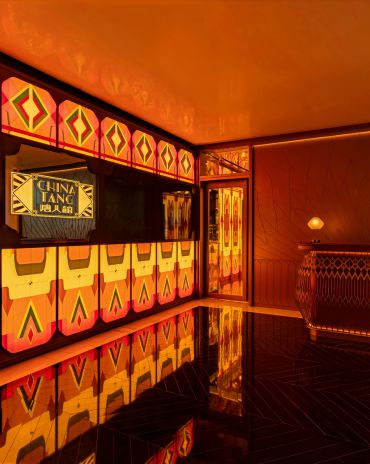Copyright © 2025 Motivate Media Group. All rights reserved.
Celebrating 100 years of De Stijl
We are chronicling the people, places and objects that will stand the test of time.

Neoplasticism is an unfamiliar term to most, yet plenty will know its more common name: De Stijl (literally ‘The Style’). The hugely influential artistic movement began in 1917 in the Dutch city of Leiden and was unusual in its determination to embrace simplicity.
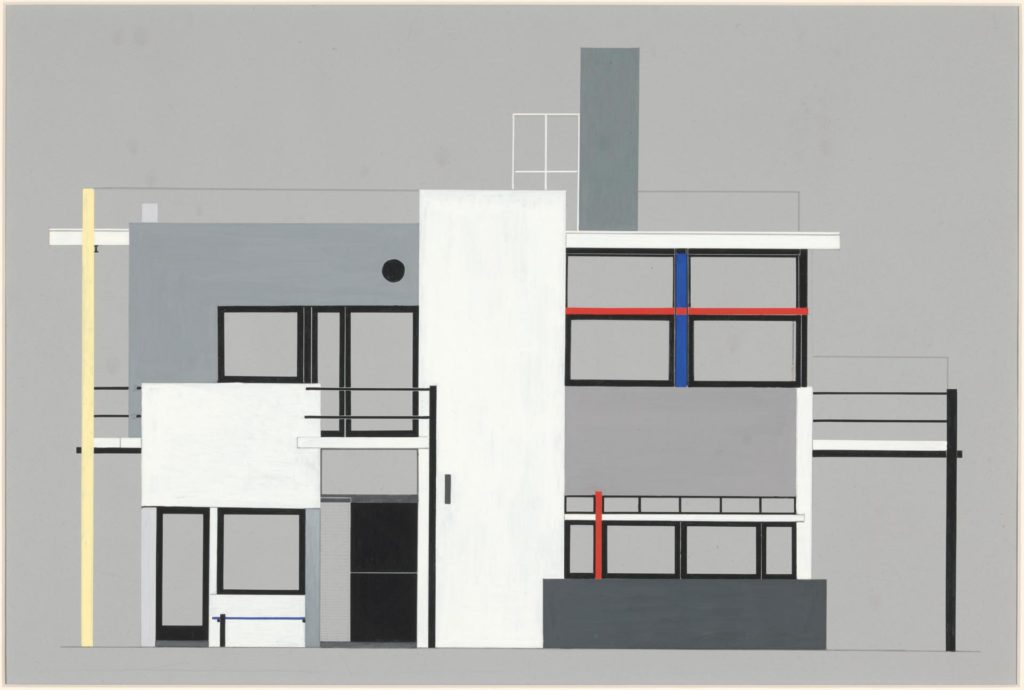
De Stijl was characterised by its desire to express a new ideal of order and spiritual harmony, and by its advocacy of reduction to essential forms and colours: only vertical and horizontal elements were initially used, and only black, white and primary colours.
The movement consisted of artists and architects, and its principles were therefore seen as being equally applicable to both disciplines, and beyond. Perhaps the most famous member and proponent of De Stijl was Piet Mondrian (1872-1944), the Dutch painter who created the renowned works that have inspired designers working on everything from Yves Saint Lauren clothing to hair product packaging.
Mondrian’s most famous grid-based pieces were very simple in their composition, and rigid in their adherence to the movement’s principles. Later, however, Mondrian showed the versatility of De Stijl, using a greater variety of angles and colours – particularly in the works that were in progress or finished shortly before his death.
Indeed, this evolution has expanded the influence of De Stijl, as ‘colour-blocking’ – a freer, more flexible interpretation of principles – continues to find popularity among designers of buildings, clothing, jewellery and furniture.
One of the original aims of De Stijl was to deliver impact that went far beyond only painted works. Its earliest members included architects J. J. P. Oud (1890–1963) and Gerrit Rietveld (1888-1964) – and it was the latter who created the Red and Blue Chair of 1917 that’s pictured here.
Just one building was created completely in accordance with De Stijl principles – the Rietveld Schröder House – yet the movement influenced architecture greatly for many years afterwards, such as Oud’s Café De Unie in Rotterdam and the Eames House by Charles and Ray Eames.
For final proof of De Stijl’s continuing and widespread influence, Moscow Metro’s Rumyantsevo and Salaryevo stations, which opened last year, feature design aesthetics inspired by the principles established a century ago.
The Latest
Innovation Meets Indulgence
Here are the latest launches for the bathroom that have caught our eye this year
A New Standard in Coastal Luxury
La Perla redefines seaside living with hand-crafted interiors and timeless architecture
Things to Covet
Here are some stunning, locally designed products that have caught our eye
An Urban Wadi
Designed by Dutch architects Mecanoo, this new museum’s design echoes natural rock formations
Studio 971 Relaunches Its Sheikh Zayed Showroom
The showroom reopens as a refined, contemporary destination celebrating Italian craftsmanship, innovation, and timeless design.
Making Space
This book reclaims the narrative of women in interior design
How Eywa’s design execution is both challenging and exceptional
Mihir Sanganee, Chief Strategy Officer and Co-Founder at Designsmith shares the journey behind shaping the interior fitout of this regenerative design project
Design Take: MEI by 4SPACE
Where heritage meets modern design.
The Choreographer of Letters
Taking place at the Bassam Freiha Art Foundation until 25 January 2026, this landmark exhibition features Nja Mahdaoui, one of the most influential figures in Arab modern art
A Home Away from Home
This home, designed by Blush International at the Atlantis The Royal Residences, perfectly balances practicality and beauty
Design Take: China Tang Dubai
Heritage aesthetics redefined through scale, texture, and vision.
Dubai Design Week: A Retrospective
The identity team were actively involved in Dubai Design Week and Downtown Design, capturing collaborations and taking part in key dialogues with the industry. Here’s an overview.

